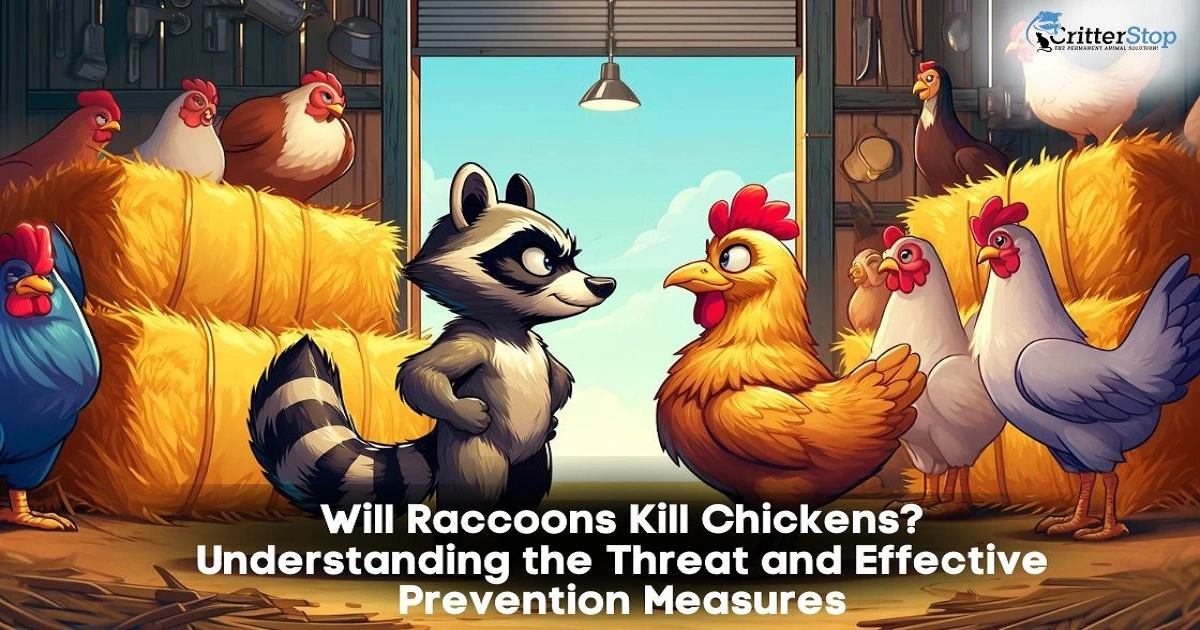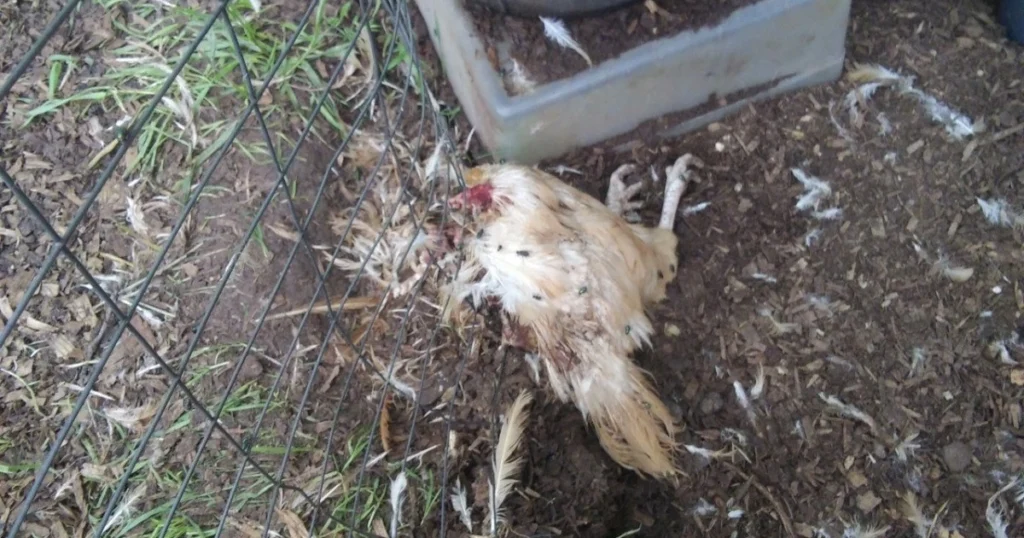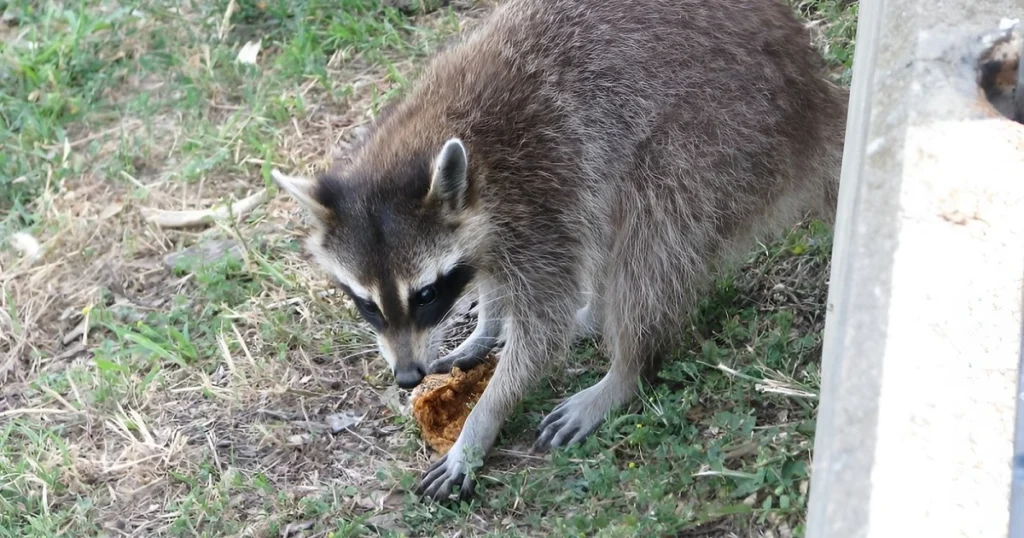
Raccoons are admired for their adaptability and intelligence, traits that, unfortunately, make them formidable predators of backyard poultry. Will raccoons kill chickens? Many chicken owners are rightly concerned about the threat raccoons pose to their flocks. This article explores raccoon behaviors, assesses the risks to chickens, and outlines comprehensive strategies to protect your poultry from these nocturnal predators.
Raccoons are omnivorous and opportunistic feeders known to adapt quickly to urban environments. They often prey on small animals, including chickens, mainly when other food sources are scarce. Raccoons can attack chickens by reaching through small openings or dismantling coop latches with dexterous paws.
Poultry farmers often seek to protect their flocks with dogs. This brings the question: can raccoons kill dogs? These little critters are known for their guile; they are not confrontational, and as such, they are not out to kill animals that match them in size. With that said comes the question: will raccoons kill dogs if they feel threatened by them? They likely will.

Identifying raccoon activity around your chicken coops can help you take timely preventive measures. Signs include:
Enhancing coop security and maintaining rigorous standards can help mitigate the risk of raccoon attacks:
While employing guard animals like dogs can be effective, sometimes professional intervention is necessary. This is where Critter Stop comes into play. Known for its humane approach to wildlife removal, Critter Stop has an excellent reputation and glowing customer reviews.
They offer high-quality service and exceptional customer support. For those facing persistent raccoon problems in Texas, calling Critter Stop at (214) 234-2616 for a free inspection is a recommended step toward resolving wildlife issues safely and effectively.

Promoting community awareness about the dangers raccoons pose to poultry and cooperating on preventative measures can enhance protection across neighborhoods. Additionally, understanding local wildlife laws and consulting with professionals for raccoon removal ensures that your methods are not only effective but also legal.
Incorporating technology such as infrared sensors can modernize traditional methods, creating a layered defense strategy that more effectively protects chickens from raccoons.
The threat posed by raccoons to backyard chickens is significant but manageable with the right strategies. Chicken owners can protect their flocks by understanding raccoon behavior, strengthening coop defenses, employing modern technologies, and possibly seeking professional help from companies like Critter Stop.
Continuous education and vigilance are key in managing raccoon threats. Engaging with wildlife management experts and staying updated on best practices help maintain the safety of your poultry.
Visit our Critter Library and learn more about our furry friends